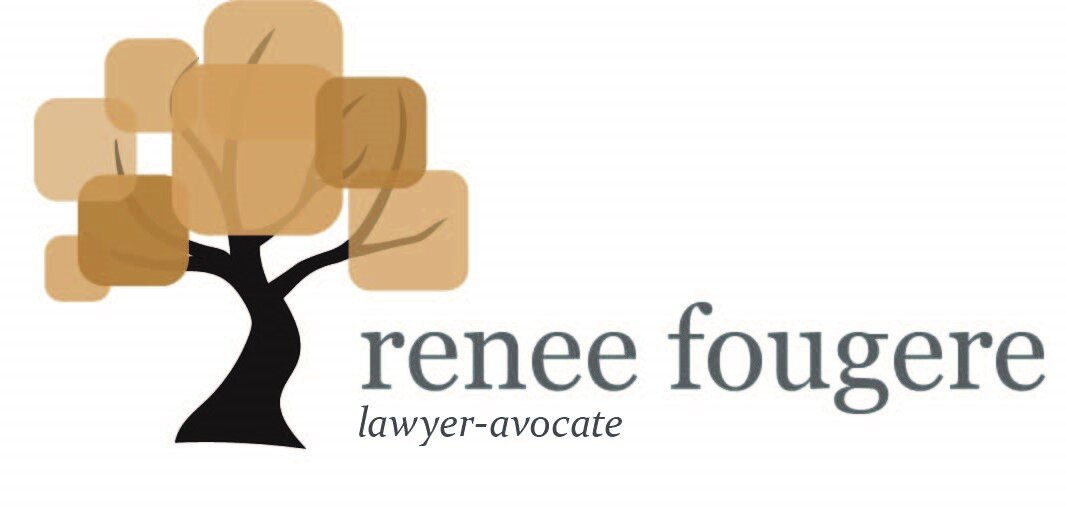FAMILY LAW
Family law is consistently an emotionally charged field of law. Individuals seeking a lawyer in this field are going through or have gone through a break down in their relationship. They need to make important decisions that will affect their emotional and financial life on a short term and long term basis.
If someone is not aware of their legal rights, the unknown can create an enormous amount of stress on them. We all want what is best for our children; therefore, any disagreements regarding the children are extremely difficult. Individuals may feel anger, resentment, fear, disappointment, hurt, distrust, and maybe even a sense of relief during the emotional rollercoaster ride that can occur when addressing issues in family law. Renée facilitates the process, which sometimes feels like an ordeal for her clients, relieving some of the burden. She worked as a therapist for over 10 years and she is accustomed to dealing with emotionally charged situations. Her goal is to help you through this difficult time by offering you solid legal advice you can depend on and trust. She strives to work in an efficient manner in order to keep the cost of legal fees to a minimum.
Separation agreement- A legal document drafted and signed after a couple decides to each go their separate ways. The parties address legal issues such as child support, spousal support, division of marital property: assets and debts. This document is a simple and cost-effective method of that protecting the parties after separation.
Divorce- Divorce proceedings may begin after the parties have separated; however, a divorce can only be granted one year after the date of separation. If the parties both agree to the divorce and all matters are resolved and agreed upon, a joint petition for divorce may be filed.
Court proceedings- Court proceedings are needed when the parties are unable to agree on a particular issue, or multiple issues. Input of the Court is sought when the parties are unable to come to a resolution between themselves. The Court bases itself on federal and provincial law, as well as previous case law.
Consent Order- A Consent Order is a written agreement between the parties which is filed with the Court and signed by a judge. This document is legally binding and provides direction and expectations between parties in matters of custody, access, child support and spousal support.
Wills- A testament is a document that indicates to your loved ones how you will want your assets to be distributed when you die. This document gives instruction to your executor to fulfill your last wishes. Furthermore, if you have minor children, you may make provisions for how and by whom they will be taken care of if you die before they reach the age of majority.
Power of Attorney- There are two common power of attorney documents: financial and personal care.
A financial power of attorney allows one or more individuals to handle your financial affairs if you become incapacitated or if you are unable to yourself for whatever reason.
A personal care power of attorney allows you to designate an individual who will make decisions regarding your personal and health matters should you become incapacitated.
Before you sign a power of attorney, you must have the utmost trust in the individual you designate as your attorney, as these documents give them the power to make decisions of your behalf.





